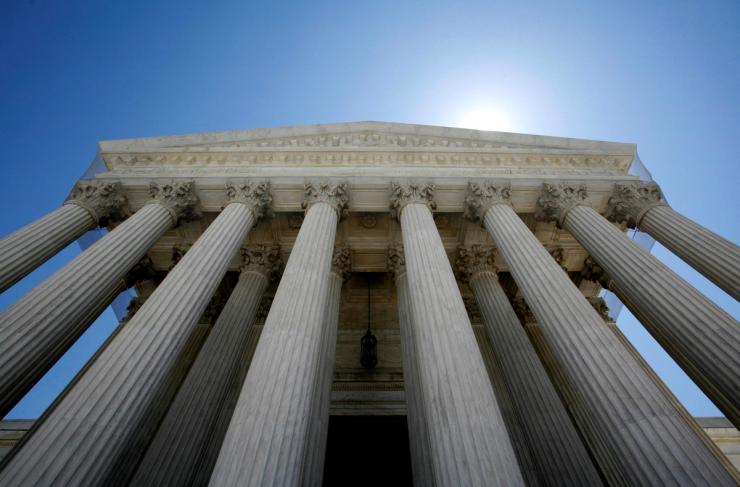The News
In a win for the reproductive rights movement, the US Supreme Court declined Thursday to limit access to one of the two pills used in nearly two-thirds of all abortions in the US in 2023.
In a unanimous decision, the justices said lawyers for a group of anti-abortion doctors did not have standing to bring the suit. The ruling leaves the door open for future legal challenges targeting the pill mifepristone.
The lawyers in this case had argued that the FDA had improperly expanded access to mifepristone. Mifepristone is used in dozens of countries and has been approved for sale in the US since 2000, but has come under increased scrutiny since the Supreme Court struck down Roe v. Wade in 2022.
SIGNALS
Court’s ruling evades the substance of the issue
This decision, while welcomed by abortion-rights advocates, could shift conservatives’ focus. The Court’s ruling ultimately did not address the substance of the case, and “might encourage other mifepristone challenges in the future,” CNN noted. Similar claims out of Idaho, Missouri and Kansas are working their way through the courts now. Anti-abortion groups have other backup plans, ranging from legal challenges under environmental laws to pressure campaigns targeting pharmacies that distribute the medication to try and restrict the drug.
Decision could galvanize efforts to protect access
The ruling may also “further galvanize efforts to provide access,” particularly in states with bans or limits on abortion, The New York Times reported. That could mean passing shield laws to protect doctors who prescribe mifepristone to people in other states. The decision could also make it more difficult for future cases to progress, legal expert Steve Vladeck said, because it demonstrates how hard it is for plaintiffs to prove harm in such a case. Writing for the court, Justice Brett Kavanaugh even suggested it’s possible no one would have standing in this case, as “some issues may be left to the political and democratic processes.”
Ruling underscores the stakes for November
This opinion “pointed to the stakes of the 2024 election,” the Associated Press wrote, particularly the potential for a Republican-appointed FDA commissioner to tighten access to mifepristone. Kavanaugh’s opinion noted that the doctors in this case approached the wrong forum and should have directed their efforts toward lawmakers and regulators. Indeed, Democrats and abortion-rights activists see Project 2025, a collection of conservative policy proposals for a potential second Trump administration, as the greater threat to abortion access. Abortion is a top issue in the coming election: recent polls found it’s the make-or-break factor for 39% of suburban woman swing-state voters — who could decide the election.



